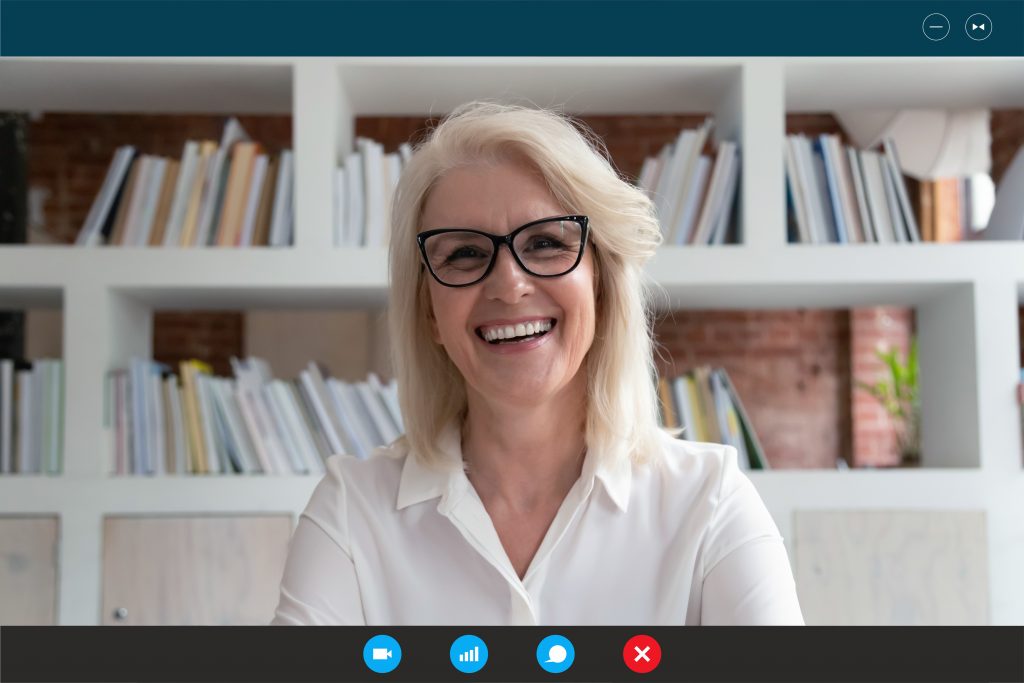Private tutoring is an increasingly popular choice for parents and it gets good results. Engaging a private tutor is an investment in your child’s future, but how can you get the best value for your money and get the very best outcome for your child? Here are 7 ways to get the best from private tutoring, maximise your investment and get the best for your child.
When is the Right Time to get a Tutor?
Hire the best tutor
Make sure your child is working with a qualified, experienced and fully-vetted tutor. Whilst this is likely to be more expensive than using an unqualified and inexperienced tutor, think about value for money and consider the outcomes for your child. What does your child need and what are you hoping to gain from private tutoring? What are your targets? Is it realistic to expect significant improvement if your tutor has no qualifications in the subject and no teaching experience? Also, importantly, you will be leaving your child with the tutor for significant periods of time (whether face to face or online) – are you satisfied that they have been checked and vetted before you trust your child with them?
Find a Top Tutor
Information
Be prepared to give the tutor as much information as possible before tutoring starts. Whilst experienced tutors are skilled at assessing a student’s level and adapting quickly to suit them, the process will be much smoother if they have as much information as possible in advance. If you can, try to give the tutor the exam board, samples of recent work, recent reports and any important information about your child. Feedback from teachers on which curriculum areas your child is finding particularly hard, or skills they are struggling with, will give the tutor a great place to start.

Get the private tutoring relationship right
The tutoring relationship is one of trust and respect, so it is important to get the right person for your child. Tutor and student will be working closely together and one-to-one tutoring is totally unlike a class environment. There is no one else to ask, no one else to discuss with, and nowhere for your child to (metaphorically) hide. If they don’t know the answer or are struggling, there is no other student to put up their hand and jump in, and no other student to deflect the teacher’s attention. Of course, this is a major reason why private tutoring is so very effective, but the right balance of trust and respect between tutor and student is crucial.
Try to get the relationship right. This is one area where you might consider using a tutoring agency, as they will have a choice of tutors for your child. If you feel you do not have the right fit first time, they will be able to offer alternatives without too much work from you. You won’t need to start again from scratch.
If you or your child are unsure, ask for a trial lesson before you commit. Most tutors will be happy to do this, although bear in mind you may still be charged for the lesson. Remember also to check with your child. How do they feel the tutorials are going? Do they think they can work with the tutor? Most children will be open and honest if you ask them.
7 Ways to Get The Most out of Online Tutorials
Feedback
Ask for regular feedback and reports from the tutor. The Tutor Team, for example, sends a parent’s report at the end of every lesson, so you can see what has been worked on. If you use a tutor who does not do this, ask for a quick update every few lessons or schedule a paid session between you and the tutor, for the tutor to give you a full report and suggestions. Try not to hold the tutor up too much at the end of the lesson though, as they probably have another student to get to.
Check progress via the school too. Are your child’s assignment marks slowly rising? Are they getting more positive teacher feedback? Is their predicted grade going up? Remember also to monitor your child’s attitude to the subject. Do they seem more confident? Are they beginning to enjoy the subject more? All of these are important indicators that private tutoring is paying off.
Give enough time for private tutoring to work
Give the tutoring process a reasonable amount of time. Expecting everything to turn around for your child in just 2 or 3 sessions is unrealistic, especially if they have been struggling for a while. If they are sitting an entrance exam, for example, your best bet is to start them with a tutor about 6 months beforehand. Cramming can work in certain situations, but the best outcome for your child is that they build knowledge and skills steadily over time, rather than trying to cram everything in at the last moment under pressure.
In terms of how many hours and sessions your child will need to achieve the desired outcome, it is best to be guided by the tutor and the child. One hour a week is often sufficient when there is no time pressure and the tutor is building confidence, skills and giving support, but that will not work for every child. The huge benefit of private tutoring is that it is tailored individually to your child. Sometimes a child needs more support, or needs more processing time. Often a child will want more sessions as they approach an exam. Sometimes a student needs only a bit of extra help and a fortnightly lesson might suffice. Be guided by your child and the tutor.
Mind maps: how they can help your child achieve

Homework
Do you want the tutor to set homework every week? In our experience, this is becoming more and more popular with parents. It is a good idea as it gives your child a chance to practice skills and revise information taught in the tutorial, but there are a couple of points to take into consideration.
Firstly, your child may be resistant or reluctant to doing the homework. There is a danger they will see it as an extra burden on top of school work and the tutorial. If you spot this is happening, have a conversation with your child and advise the tutor of the outcome. Whilst homework aids the learning process, no one wants your child to grow resentful or feel under too much pressure – that will only damage the tutoring relationship.
Secondly, if you are asking the tutor to do a significant amount of marking outside the lesson, for example with a weekly A-level essay, be prepared for them to charge extra. Marking and feedback takes time and work, so consider that you are actually asking them to do overtime. Most tutors will accommodate you, but it is sensible to have a proper commercial conversation with them and establish the ground rules and price. If you are with an agency, arrange this through them and they will speak to the tutor for you. It is usually much easier to have commercial conversations with an agency as they are used to this aspect of private tutoring – it can sometimes be awkward with the tutor.
Communication is key for private tutoring
Last but not least – keep lines of communication open. This is vital for a good tutoring experience. As mentioned above, it is reasonable to ask for feedback from the tutor, but they will also appreciate feedback from you. If your child’s marks are going up at school, or if the teacher has noticed your child is improving, tell your tutor. Not only will it give them job satisfaction and motivate them, it will allow them to adjust lessons accordingly. At The Tutor Team we will also contact you to ask for feedback on the tutorials, to check everything is progressing properly and that you are happy.
If, for some reason, you are unhappy with the service you are getting, talk to the tutor. Of course, if you are using an agency, you can call them instead and ask them to liaise for you. Either way, if no one knows there is a potential problem, it will be impossible to fix.
Need an experienced tutor to help your child reach their full potential?
You can contact a tutor direct here
Or contact our friendly and knowledgeable office team to get a bespoke tutor match



